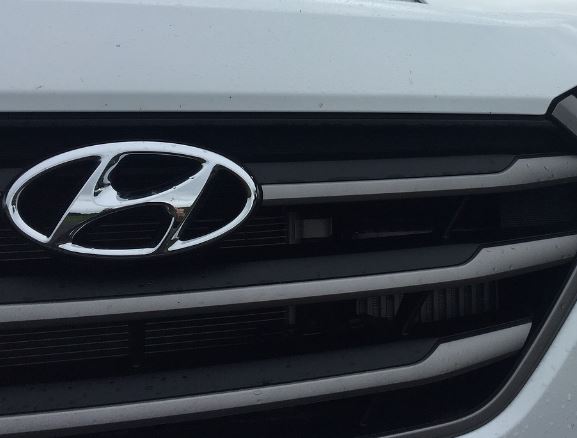Hyundai Motor Group is poised to deepen its partnership with Indonesia, focusing on electric vehicles (EV) and hydrogen energy.
This move was cemented during a meeting between Hyundai Motor Group Executive Chair Chung Euisun and Indonesia’s Coordinating Minister for Economic Affairs, Airlangga Hartarto. With Hyundai already established in the region, this development signifies a strategic effort to expand its influence and production capabilities in Southeast Asia.
Hyundai’s commitment to the Indonesian EV market is evident from its operational manufacturing facility in Bekasi, which began producing the IONIQ 5 EV in 2022. The company aims to increase its production capacity to over 250,000 vehicles annually, positioning the facility as a key automotive hub in Southeast Asia. Hyundai’s decision to localize production is a significant competitive advantage, as it is the only EV manufacturer in the region with a fully localized system.
Indonesia is aggressively promoting EV development, offering various incentives to attract investments. The country’s strategic roadmap and support for EV infrastructure highlight its ambition to become a central player in the global EV market. By aligning with these national goals, Hyundai is not only expanding its market share but also contributing to Indonesia’s economic and technological growth.
Hyundai’s collaboration with LG to form the joint venture HLI Green Power for mass-producing EV battery cells is a cornerstone of its strategy. Located in Indonesia, the factory benefits from the country’s status as the world’s largest nickel producer, a crucial material for batteries. This joint venture is a strategic move to secure a stable supply chain for essential EV components, addressing one of the significant challenges in the EV industry—battery production and material sourcing.
While this partnership leverages Indonesia’s natural resources, the global competition for battery materials remains fierce. Companies worldwide are racing to secure nickel supplies, and Hyundai’s local production could face challenges from geopolitical and market dynamics influencing raw material availability and pricing.
Beyond EVs, Hyundai is also venturing into hydrogen energy in Indonesia. The firm is partnering with the Indonesian government to implement waste-to-hydrogen production solutions. This initiative is part of Hyundai’s broader strategy to diversify its green energy portfolio and enhance its sustainability footprint globally.
Hydrogen energy projects are gaining traction worldwide as countries and companies seek to reduce carbon emissions. Hyundai’s involvement in hydrogen projects places it among other industry leaders like Toyota and Daimler, who are also investing heavily in hydrogen technology. However, the scalability and economic viability of hydrogen projects remain uncertain, and Hyundai’s success will depend on technological advancements and regulatory support.
Chung Euisun’s frequent visits to Indonesia since becoming the group’s chief in October 2020 underscore Hyundai’s commitment to the region. His leadership is pivotal in driving the company’s strategic initiatives, fostering relationships with government officials, and overseeing the execution of large-scale projects.





